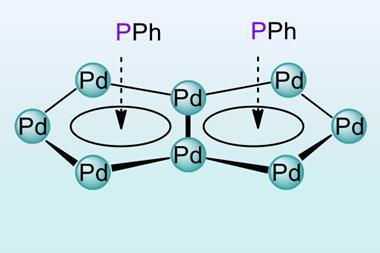Campaign group says withdrawing Biogen’s license to government patents, or re-licensing them to other companies, could lower MS drug prices
The US government is facing calls to exercise its rights over the patent to multiple sclerosis drug Zinbryta (daclizumab), to lower prices and introduce competition.
In 2016, the US National Institutes of Health (NIH) licensed the patent to Biogen, which now co-promotes the drug with AbbVie. According to campaign group Knowledge Ecology International (KEI), in the US the companies charge about three to four times the amount that foreign countries pay.
In a letter to the White House and the US Department of Health and Human Services earlier this month, KEI urged the governemnt to make Zinbryta cheaper by either authorising generic competition for the drug, exercising its ‘march-in’ rights to allow the patent to be licensed to another company, or terminating Biogen’s license.
Technology transfer consultant Joe Allen, who was involved in drafting the Bayh-Dole Act of 1980 that addresses intellectual property arising from federal government-funded research, says measures like those KEI is proposing have failed in the past. KEI itself was refused a similar petition for prostate cancer drug Xtandi (enzalutamide) in 2016.
Allen notes that efforts to use march-in rights to reduce the price of drugs have consistently been defeated. ‘The Bayh-Dole law does not control prices. The government can only march in if the company that has licensed the technology isn’t making a good faith effort to develop the product,’ he explains. ‘People who think we have these companies over a barrel are wrong.’
Nevertheless, there is pressure also coming from Congress. The top Democrat on the House Oversight and Government Reform Committee, Congressman Elijah Cummings, has repeatedly and directly urged President Trump to take immediate action to reduce Zinbryta’s price.

















No comments yet